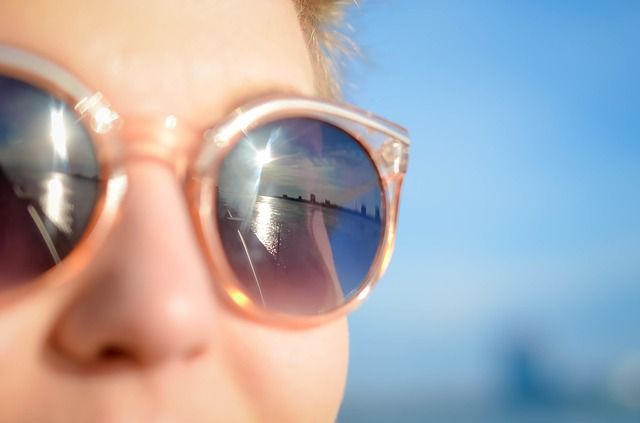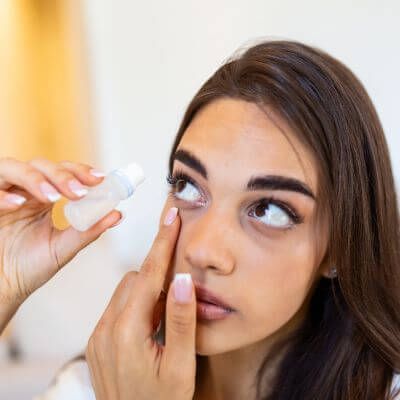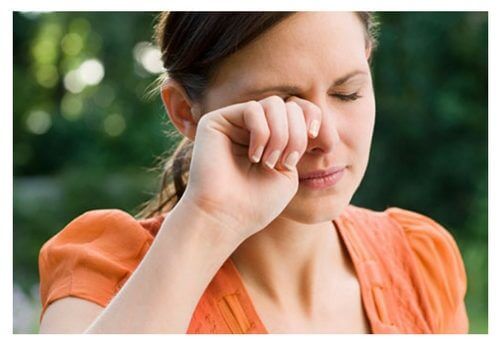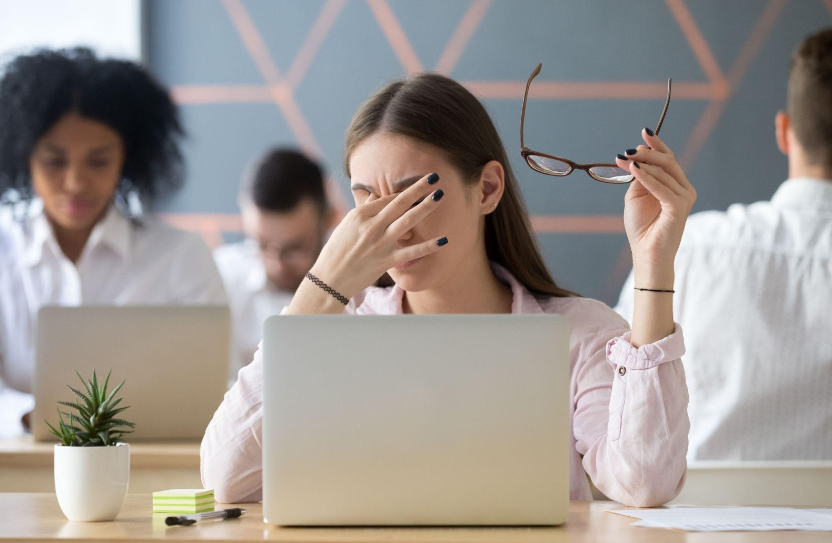Can Cheap Sunglasses Protect Your Eyes?
 While sunglasses can be a great fashion accessory, the real point of wearing them is to protect your eyes from exposure to the sun’s harmful UV rays. That said, do expensive sunglasses protect your eyes any more than cheaper sunglasses do? And regardless of the price you pay, what are the qualities you absolutely must look for when choosing sunglasses?
While sunglasses can be a great fashion accessory, the real point of wearing them is to protect your eyes from exposure to the sun’s harmful UV rays. That said, do expensive sunglasses protect your eyes any more than cheaper sunglasses do? And regardless of the price you pay, what are the qualities you absolutely must look for when choosing sunglasses?
First, let’s take a look at why wearing sunglasses is so important. Studies have shown that UV rays from the sun can increase the risk of eye diseases, including eye cancer, or ocular melanoma, and cataracts, a leading cause of blindness worldwide. Each time we’re out in the sun without protecting our eyes we could be accumulating damage that adds to our risks for these serious disorders.
Medications & Eye Color Matter, Too
Did you know that taking certain medications and having light-colored eyes can make you more vulnerable to UV exposure? A Harris Poll showed that 1/3 of adults use medications that may increase photosensitivity, including some antibiotics, some birth control and estrogen pills and certain anti-inflammatory pain relievers, such as ibuprofen, Advil and Aleve. However, 49% aren’t aware that those medications can make their eyes and skin more vulnerable to UV exposure.
The Harris Poll study also revealed that 54% of Americans have light-colored eyes that are blue, green or hazel, which are more vulnerable to UV exposure . Yet, only 32% of those are aware that lighter colored eyes are more susceptible to UV damage. While people with eyes of any color can develop UV-related eye diseases, light eyes and sun exposure are linked to an increased risk of rare eye cancers, such as iris and uveal melanomas.
Choosing The Right Sunglasses
Ophthalmologists recommend that everyone, particularly those with increased photosensitivity, wear 100% UV-safe sunglasses. While the Harris Poll survey found that 83% of Americans wear sunglasses, only 47% said they check the UV protection label before buying them.
The sun emits two types of UV radiation—UVB and UVA. UVB radiation is considered more dangerous to the eyes and skin than UVA, but not all sunglasses filter either type of radiation.
Look for sunglasses that block 100% of UVA and UVB light. If the manufacturer’s label says “UV absorption up to 400nm,” this is equivalent to 100% UV absorption. This is the most important factor to look for when choosing sunglasses, and cost does not equate to quality when it comes to UV protection.
For the most protection, choose wrap-around sunglasses to shield your eyes from all angles. These are also a good choice If you suffer from seasonal allergies and need to protect your eyes from allergens like pollen.
Also, be aware that just because sunglasses are polarized or darkened this doesn’t mean they offer UV protection. In fact, darkened lenses cause your pupils to dilate so your eyes are actually exposed to more damaging light if they’re not labeled for UV protection. Polarized or darkened sunglasses still must be labeled for 99% or 100% protection of all UV light.
Some sunglasses come with green, amber, or gray tinted lenses. The color does not block more sun, but it can increase contrast which could be helpful for outdoor sports such as golf, tennis, or baseball.
The bottom line is that sunglasses don’t have to cost a lot of money to be effective. Less expensive pairs that are labeled for 100% UV protection work just as well as pricier options, so what you pay is your choice.
However, sunglasses you’ll find in a drug store don’t offer any degrees of vision correction, so if you normally wear corrective eyeglasses you may want to consider prescription sunglasses. One of our eye specialists will be happy to help you with a comprehensive eye examination so that you have the correct prescription.
Baptist Eye Surgeons is an ophthalmological practice in Knoxville, TN, and Morristown, TN, dedicated to providing quality eye care to patients whose needs range from routine comprehensive eye examinations to treatment for vision loss from common or complex eye conditions. To meet our doctors and learn more about our specialities, visit our website or give us a call at 865-579-3920 for more information or to schedule an appointment.


MORRISTOWN
SEVIERVILLE
TENNESSEE VALLEY - LASER CENTER
TENNESSEE VALLEY - EYE CENTER



